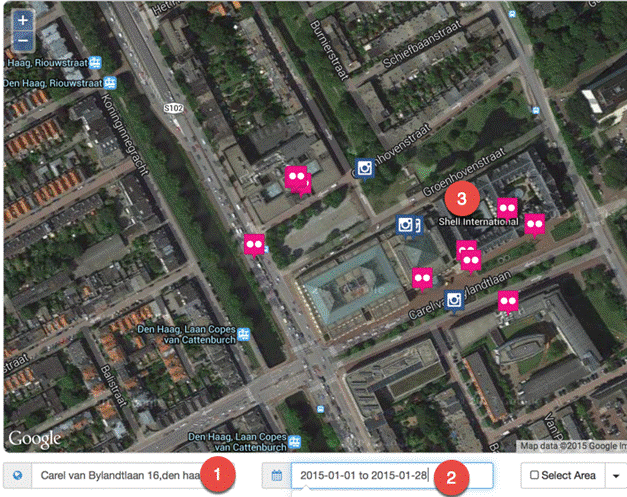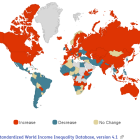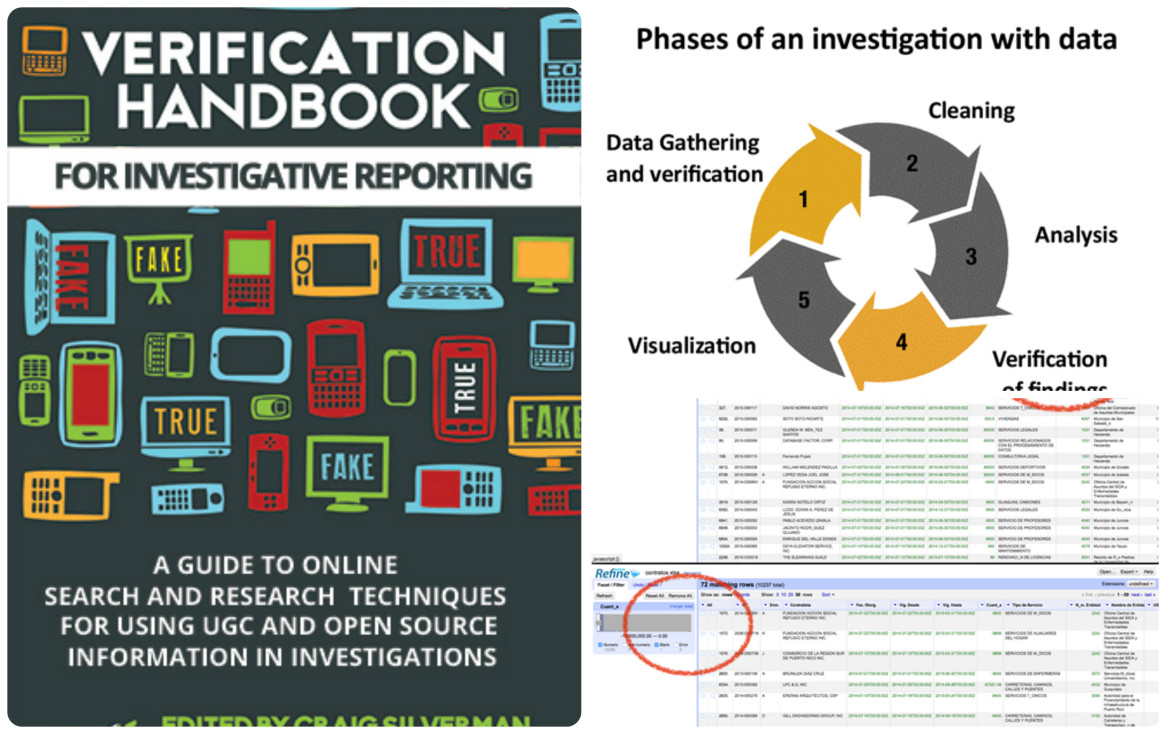How They Did It
How They Did It: Using Trackers to Investigate Where Unwanted Clothing Ends Up
|
What happens to the clothes we donate to charity? Or the clothes we buy online, try on, and then return? Two Finnish journalists used tracking devices in order to investigate these post-consumer supply chains, finding that many items make their way on a complex journey to Africa and the Middle East before sometimes ending up in landfill.








